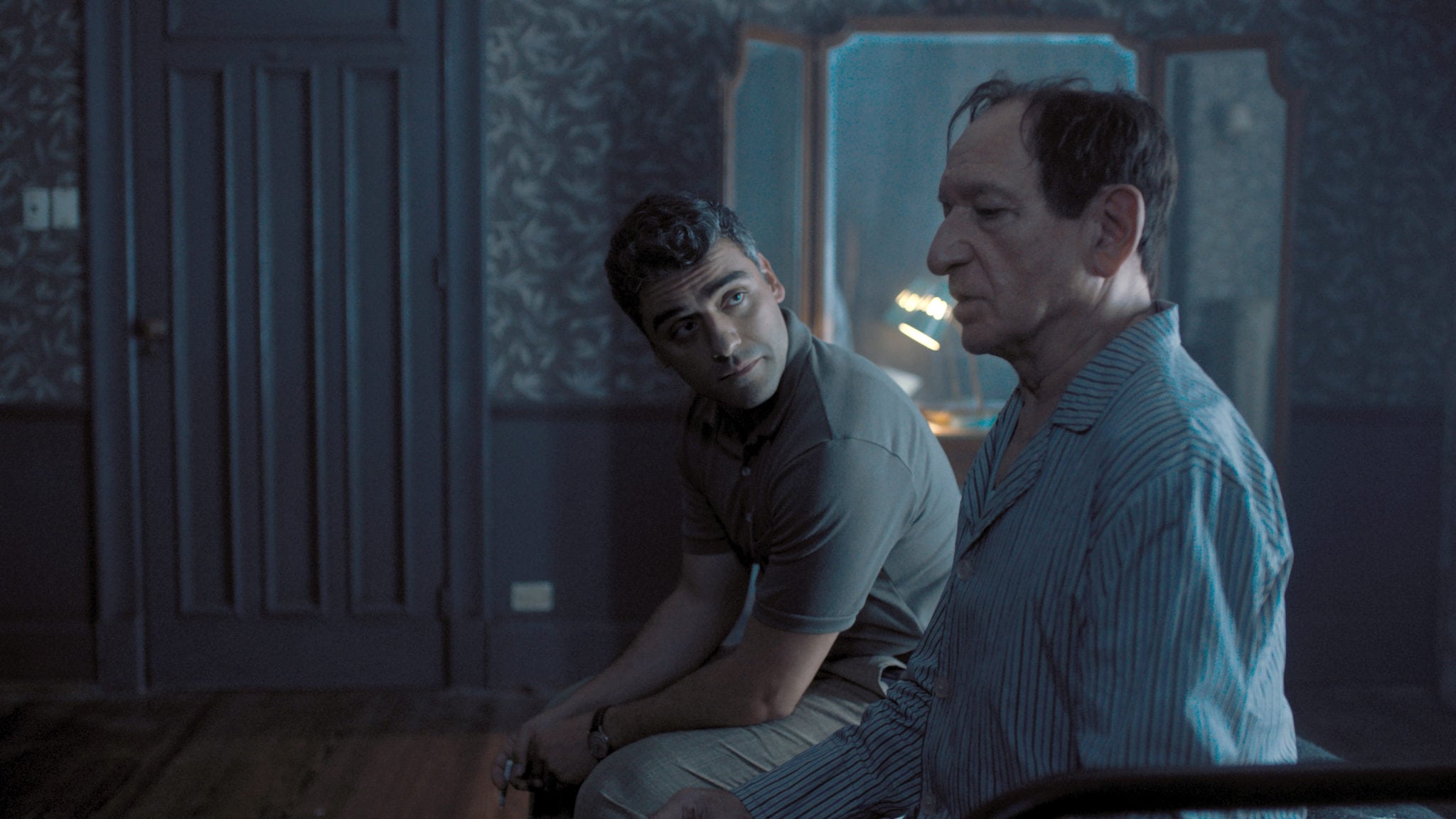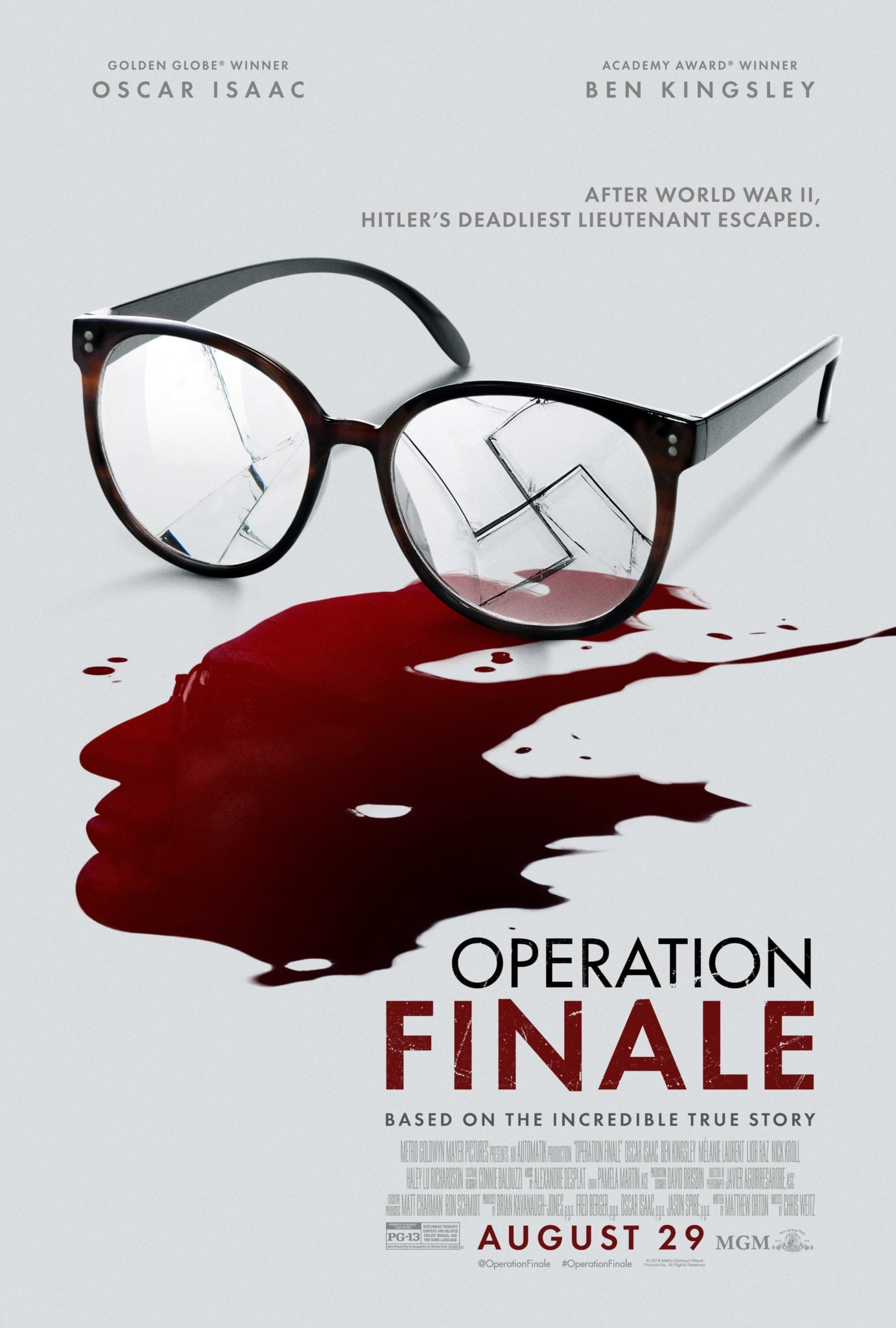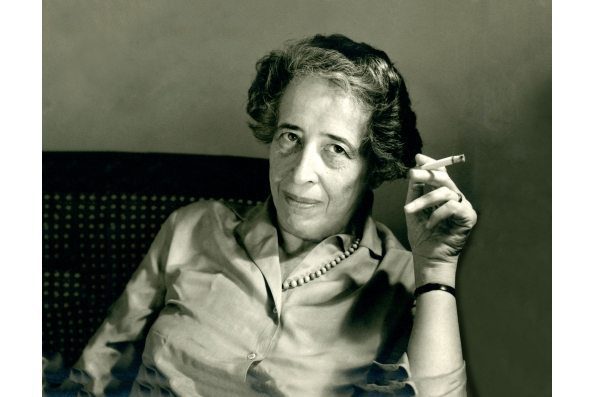
Operation Finale – Capturing a War Criminal
?We?re all animals fighting for scraps on the Serengeti.? One of the most celebrated trials of the twentieth century was when Israel put Adolph Eichmann on trial. Eichmann headed the SS Office for Jewish Affairs and was one of the key architects of the Holocaust. But before they could put him on trial, they had…


